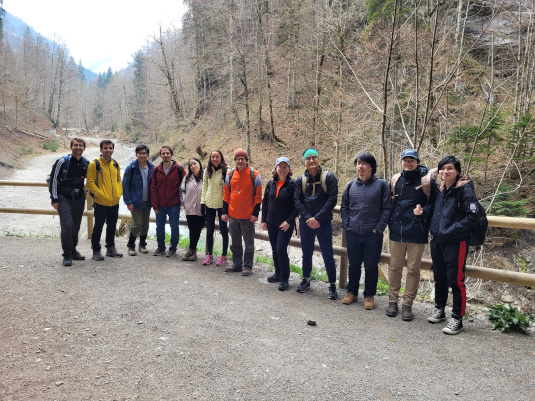The Center for Information and Language Processing (CIS)

The Center for Information and Language Processing (Centrum für Informations- und Sprachverarbeitung - CIS) is the computational linguistics institute of the University of Munich (LMU). CIS is part of Faculty 13, the languages and linguistics faculty, and is colocated with LMU's computer science department on the east side of the English Garden in Munich.
CIS conducts interdisciplinary research on natural language processing (NLP) and its theoretical foundations. Our main approach is linguistically-informed statistical NLP: We use our deep understanding of language in our research and believe in the principle that learning is key to successful NLP -- the same way that the language capabilities of humans are based on learning. Some of the NLP problems we are working on are computational syntax and semantics, sentiment analysis, machine translation and semi-supervised learning, adaptation and extension of lexical resources.
The applications CIS research has traditionally focussed on are information extraction (IE), information retrieval (IR) and NLP resources needed for IE/IR. We have created the largest electronic lexicon of German as well as lexica for most European languages and for Chinese and Korean. Our work on IR includes methods for approximative search and the development of search engines that can exploit structured NLP analysis of documents.
More recently we have started focussing on applications in the humanities. We collaborate with scholars of language (the crowdsourcing platform Play4Science), historians (analysis and processing of historical corpora) and philosophers (work on an electronic Wittgenstein edition). LMU is home to some of the most prominent and diverse humanities faculties in Europe. Computational linguistics has a key role to play in this context as a collaboration partner for the humanities that addresses computational and methodological research questions.

